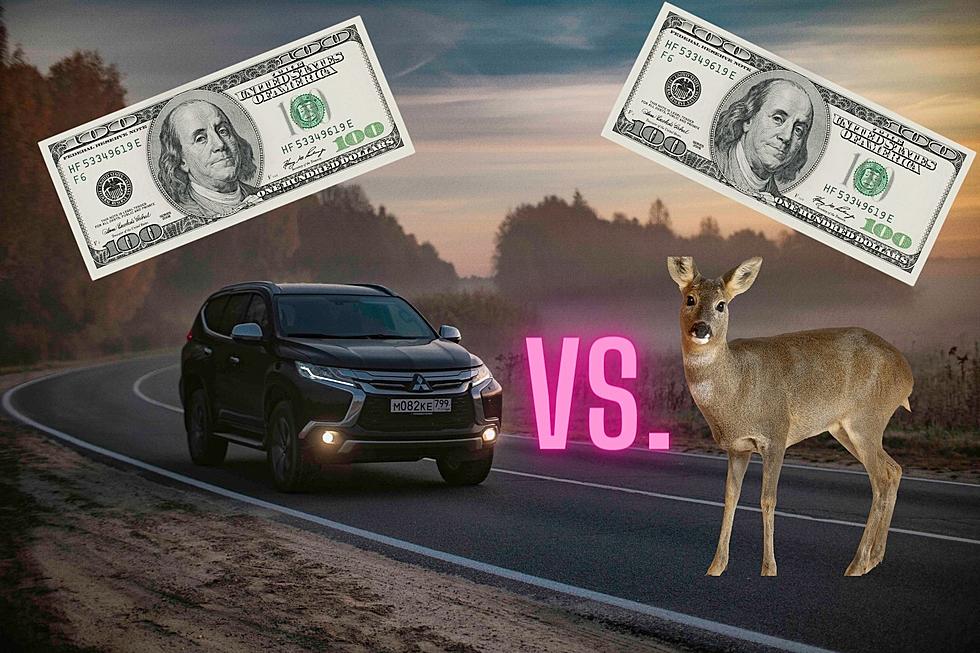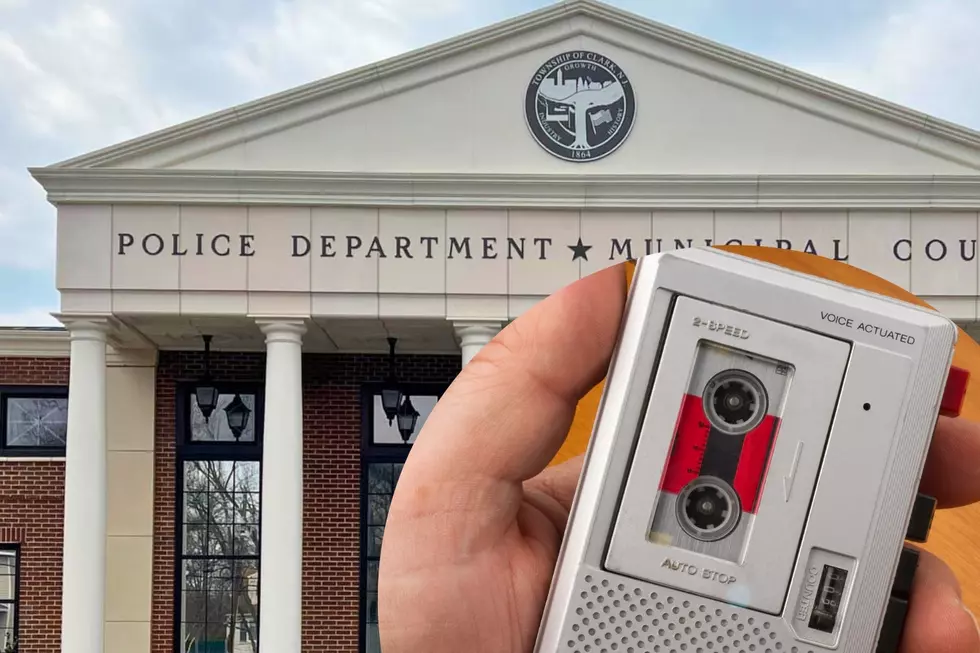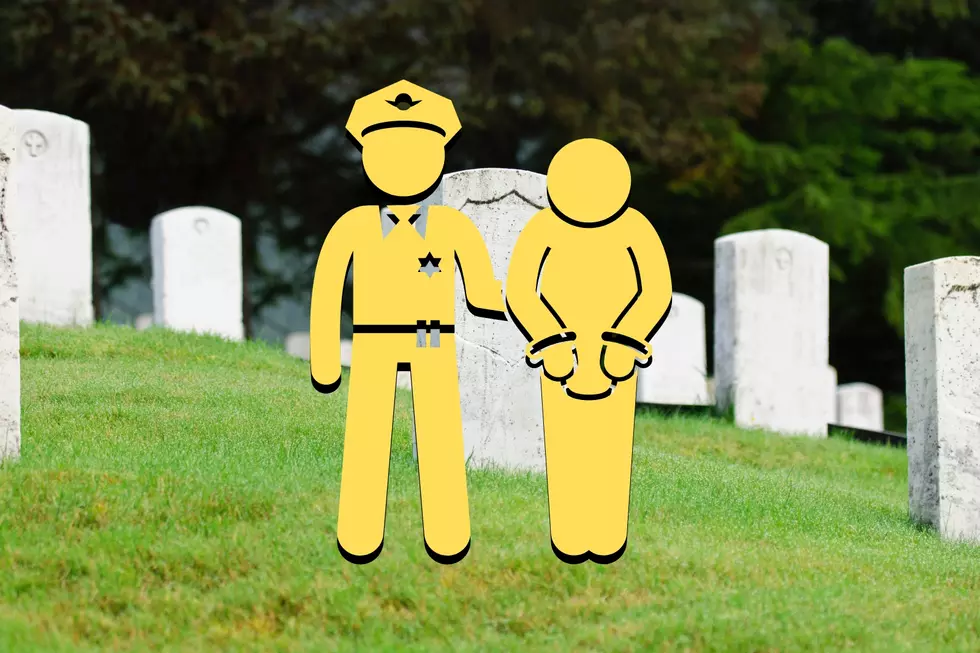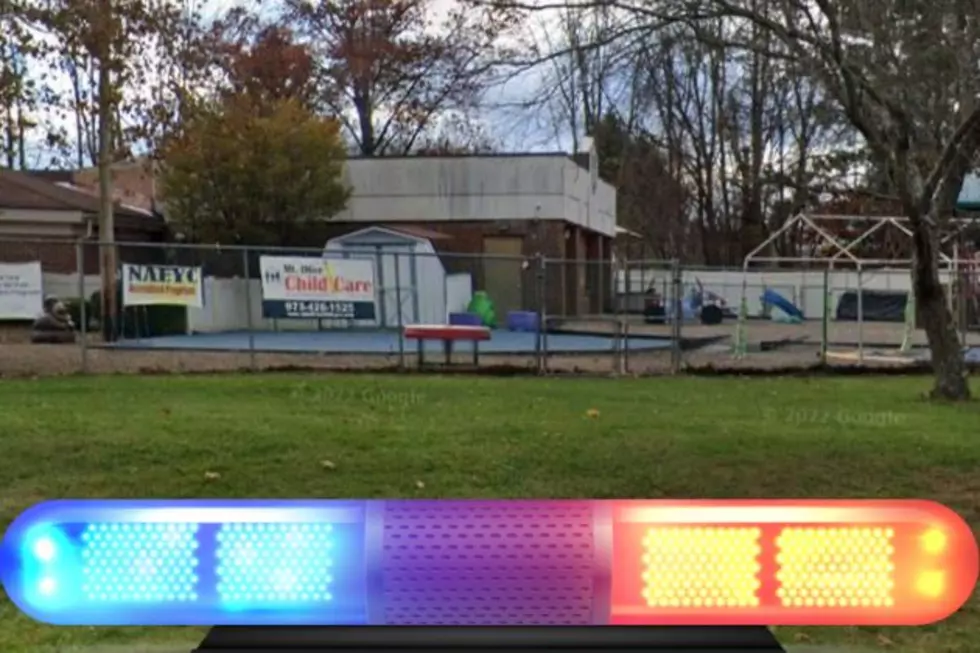
Oh ‘Deer’… Collisions for NJ Drivers May Cost Big Bucks
Deer rutting season is underway in New Jersey, and AAA is reminding drivers that this is the time of year when they are most likely to strike a deer, which not only can be dangerous but also more expensive than in years past.
October through December marks deer-mating season in the Garden State so the animals are more active, and therefore, more likely to dart into the roadway without warning, thus leading to car collisions.
According to the Insurance Institute for Highway Safety, while the vast majority of deer strikes do not involve serious injury, almost 2,000 people were killed in crashes involving deer, including 25 in New Jersey from 2012 to 2021.
So, AAA is encouraging drivers to stay focused.
“Safety is priority one, so first and foremost, we are encouraging motorists to adjust their driving behaviors to prevent a deer collision,” says Tracy Noble, spokesperson for AAA Mid Atlantic.
AAA Tips to Avoid a Deer Collision
Keep your eyes moving back and forth. Noble says to continuously sweep your eyes across the road for signs of animals, especially deer. Chances are if you see one, there’s likely more around. Deer rarely travel alone.
Be attentive in the early morning and evening. Deer are most active during the early morning hours between 5 a.m. and 8 a.m. and in the early evening hours between 5 p.m. and 8 p.m.
Use high beams. If there is no oncoming traffic, Noble said to throw your brights on, especially in dark, wooded areas. The lights will not only help you spot the animal sooner, but the light will reflect off the deer’s eyes, also revealing their location.
Use brakes if the impact is imminent. What many people don’t realize is that it’s not a good idea to swerve if you see a deer in the roadway, Noble said. If an animal is in your path, stay in your lane. Swerving can confuse the deer and they may not know where to run. Swerving can also put your car in the path of oncoming vehicles or cause you to crash into objects on the side of the road.
Honk your horn. “If you see deer on the side of the road, make sure you honk your horn in one horn blast, which will frighten the deer long enough that they freeze or possibly even turn back and run back into the woods,” Noble said.
The key is always to be on alert, especially in low-lit, heavily wooded areas. That means put the cell phone down and pay attention, especially during those early morning and early evening hours, Noble said.
What happens if you hit a deer with a car?
In the event there is a car versus deer collision, Noble said if it is possible, move the vehicle to a safe location out of the roadway. Once you are in a safe location, call the police.
Put the vehicle’s hazard lights on, whether it’s light or dark outside.
Avoid making contact with the deer because a frightened or injured animal can hurt you, she said.
After the police are called, contact your insurance company to report any damage to the vehicle.
Noble said to take photos of the damage and the roadway, noting any markers in the area where the incident occurred.
What will the damage cost you?
Insurance Agency at AAA statistics indicate that across New Jersey, the average claim for an animal strike in 2022 was almost $6,000, up almost 35% in just five years.
“That sharp increase is due to the increase of all of the technologies in our vehicles. We have cameras that are on the front and rear of our vehicles, there are different sensors on the vehicle that help with lane departing and even smart windshields to detect rain,” Noble said.
All of this technology costs more money and when it has to be replaced, it’s more expensive than it used to be.
“Deer can be unpredictable, so even the best drivers are at risk. In addition to your vehicle damage, the cost of repairs may put a serious dent in your wallet if you don’t have a comprehensive insurance policy with adequate coverage,” Noble said.
LOOK: Was 2023 The Hottest Summer On Record?
Gallery Credit: Meg Dowdy
More From WPG Talk Radio 95.5 FM










